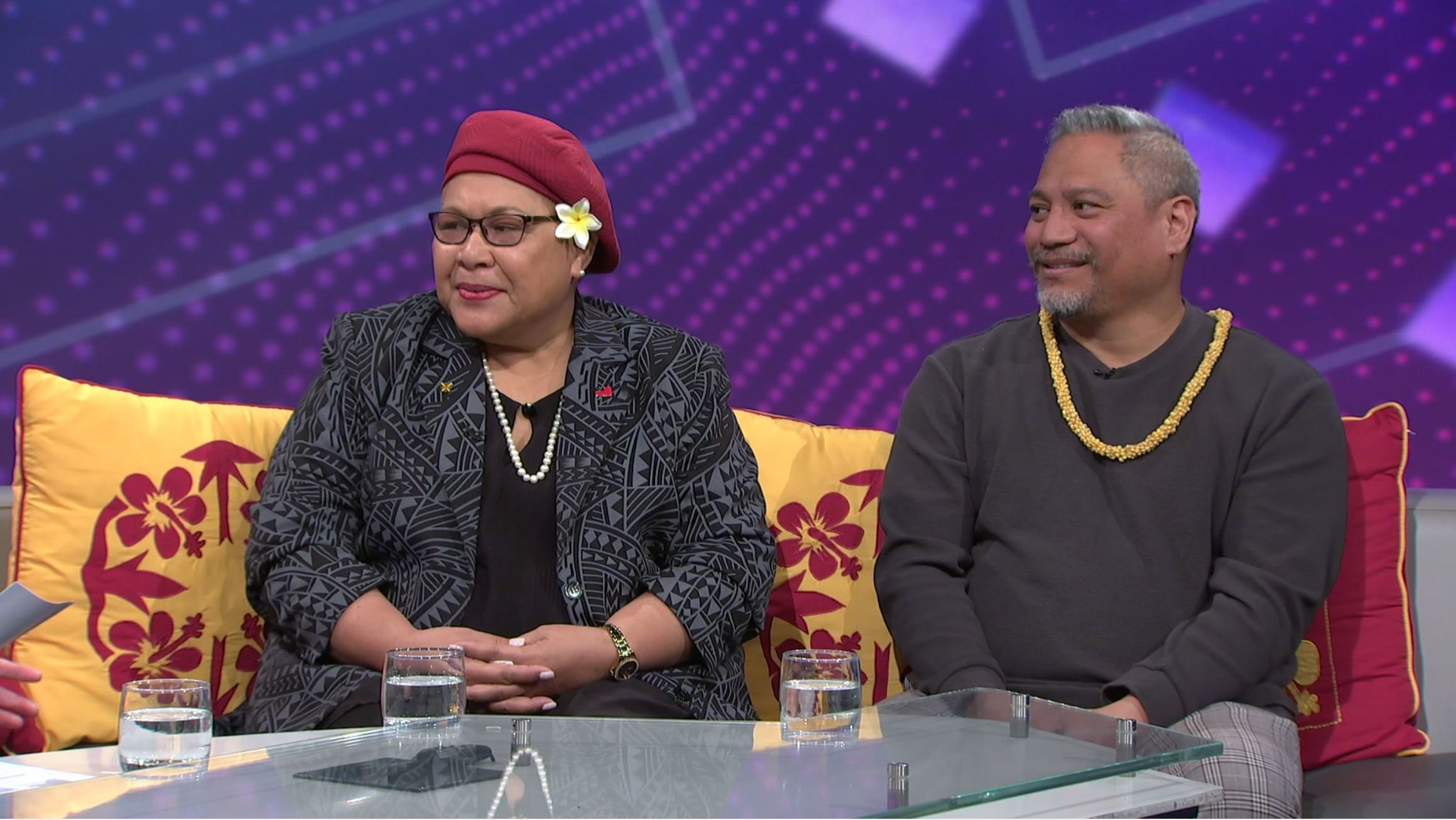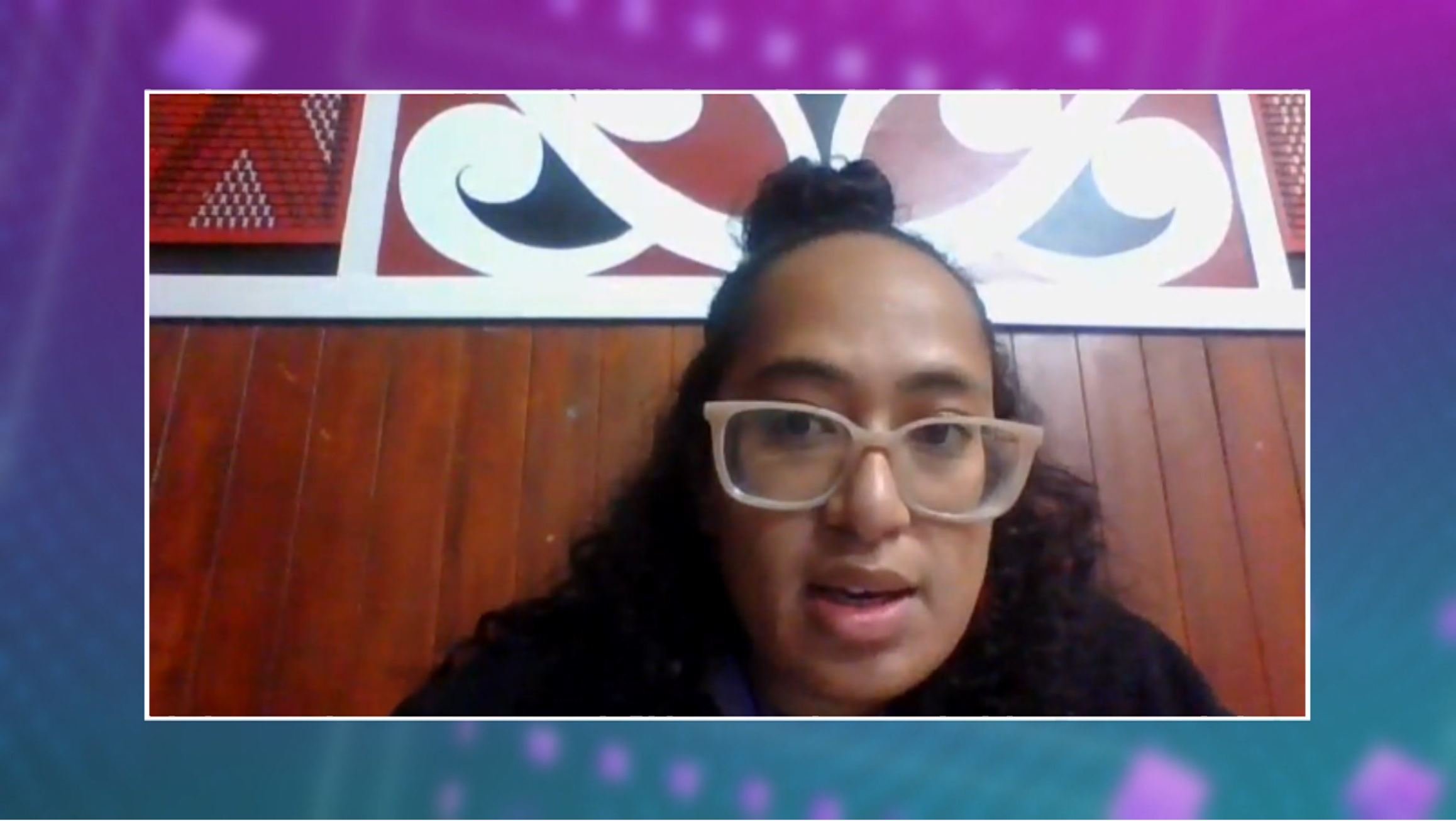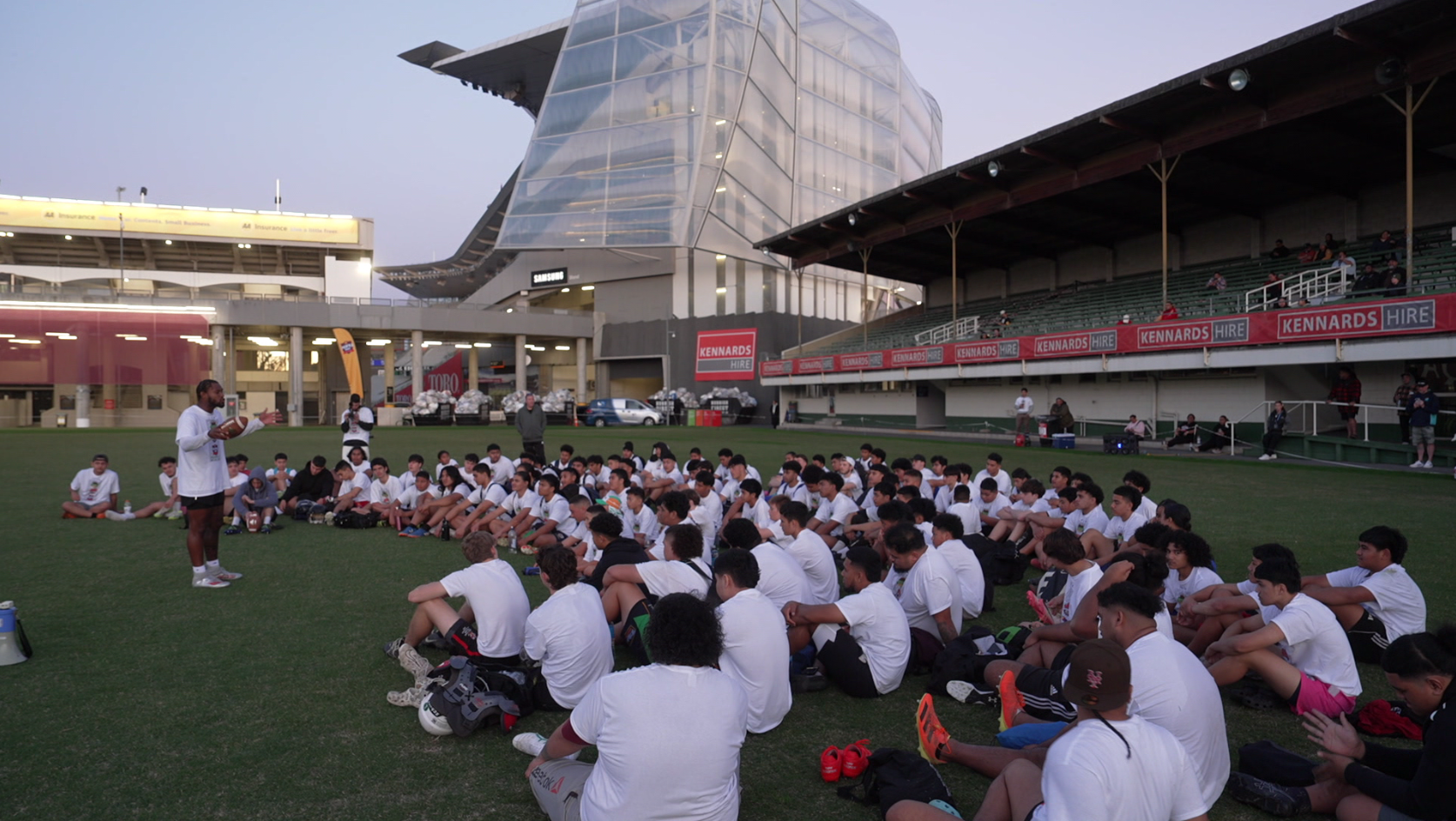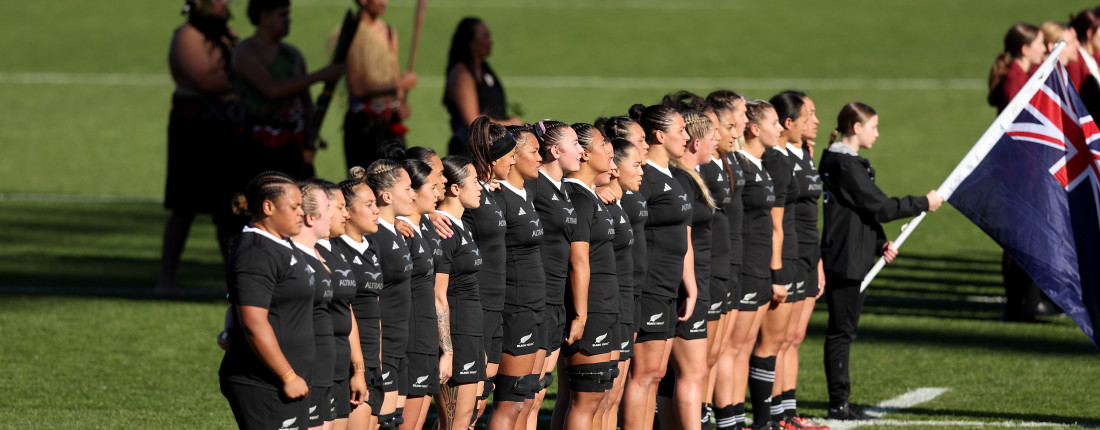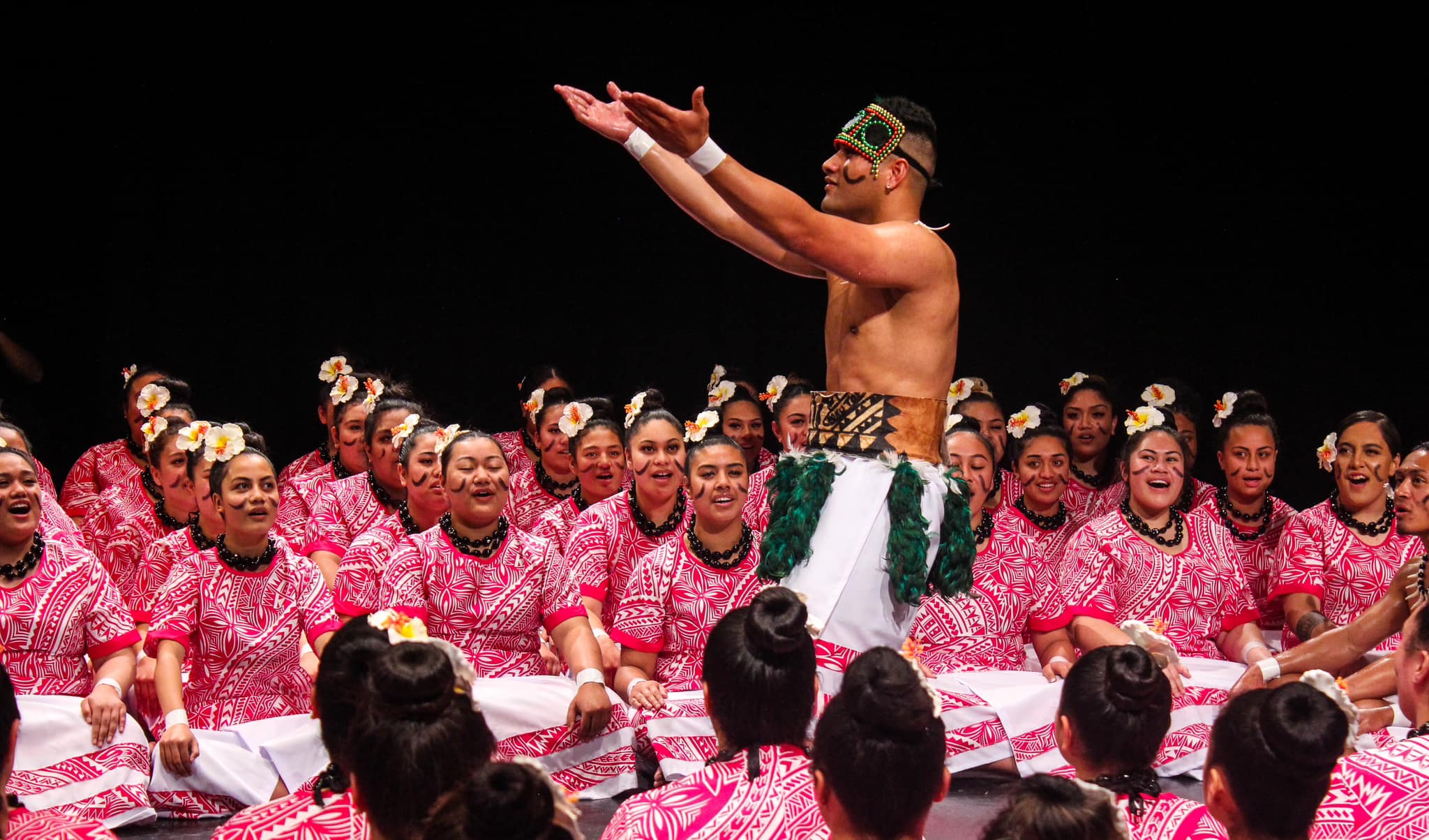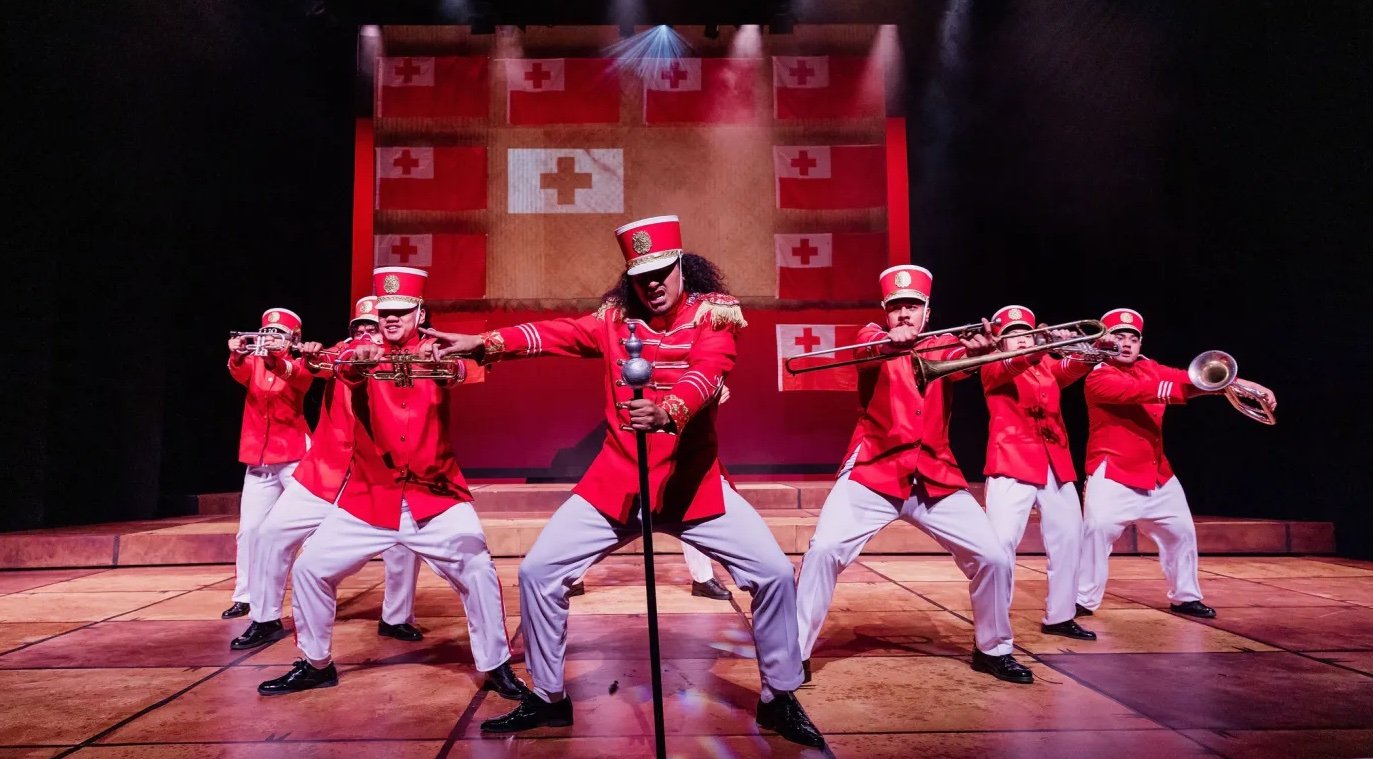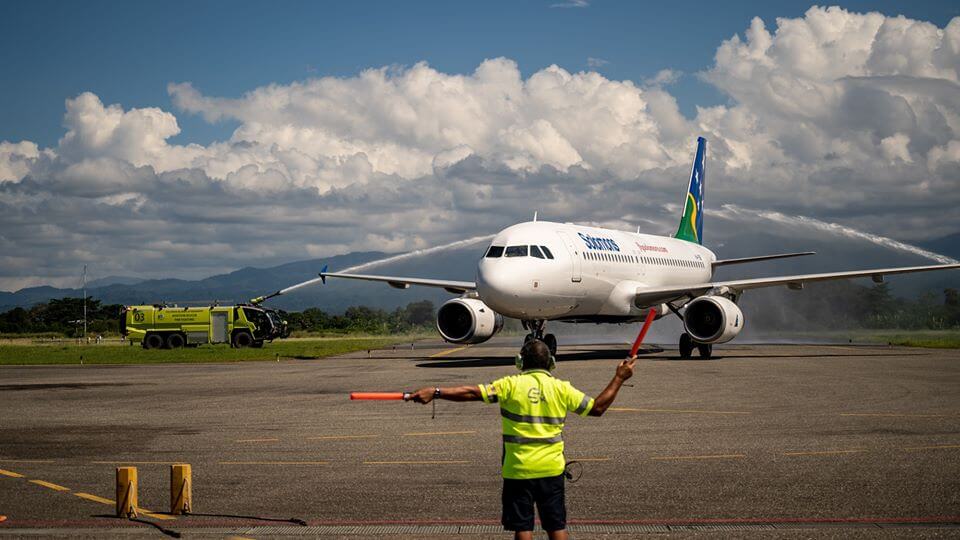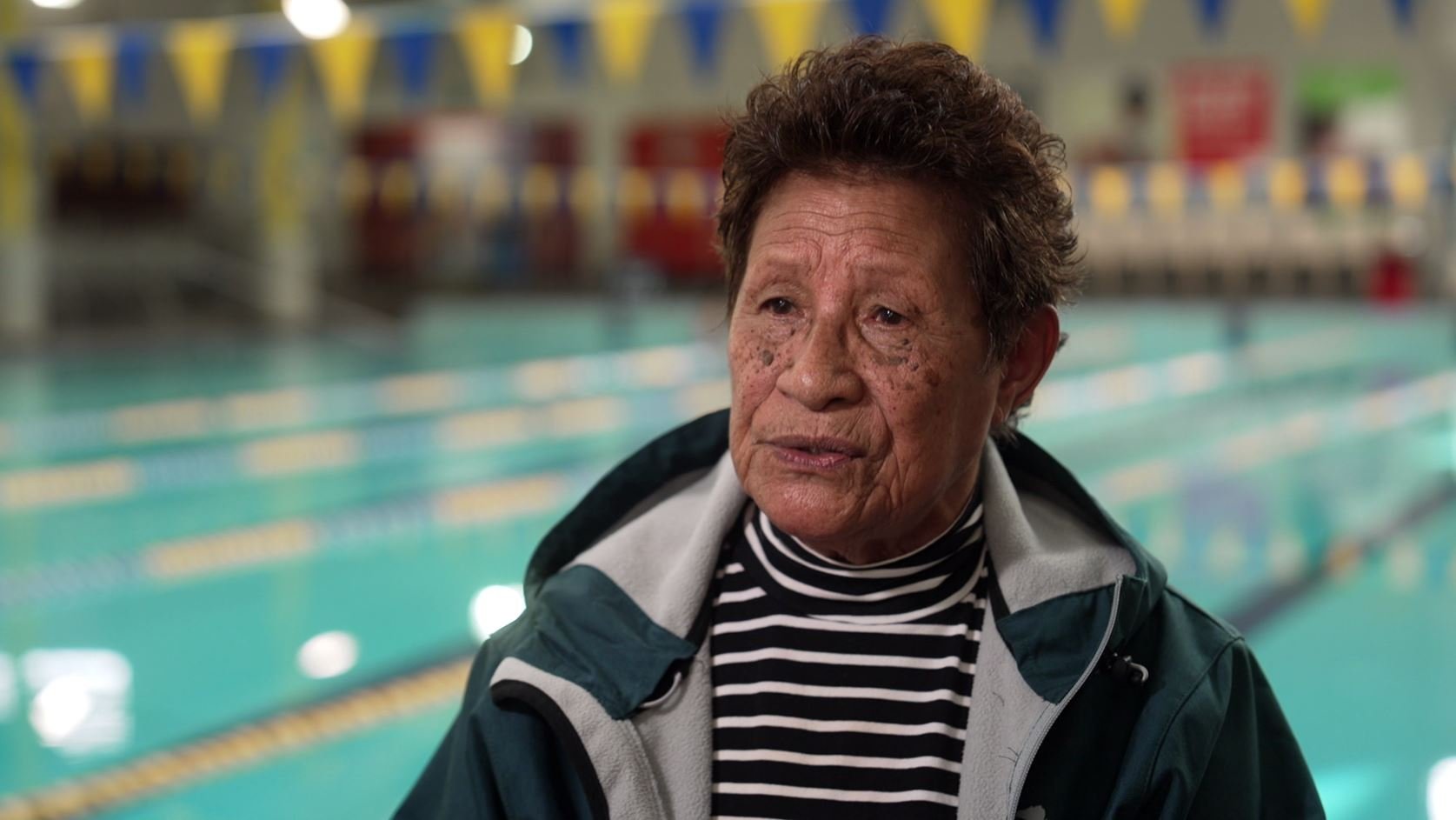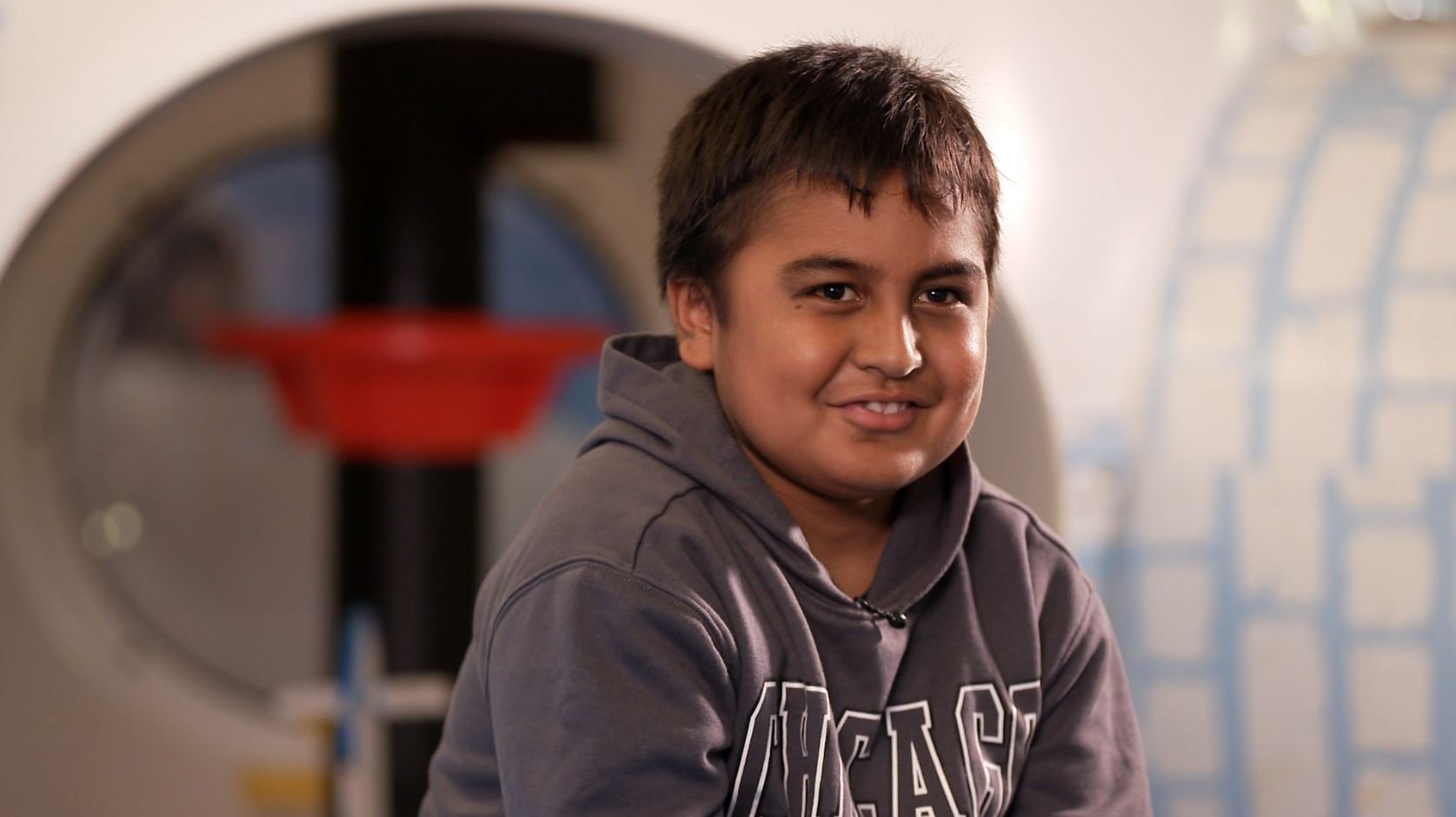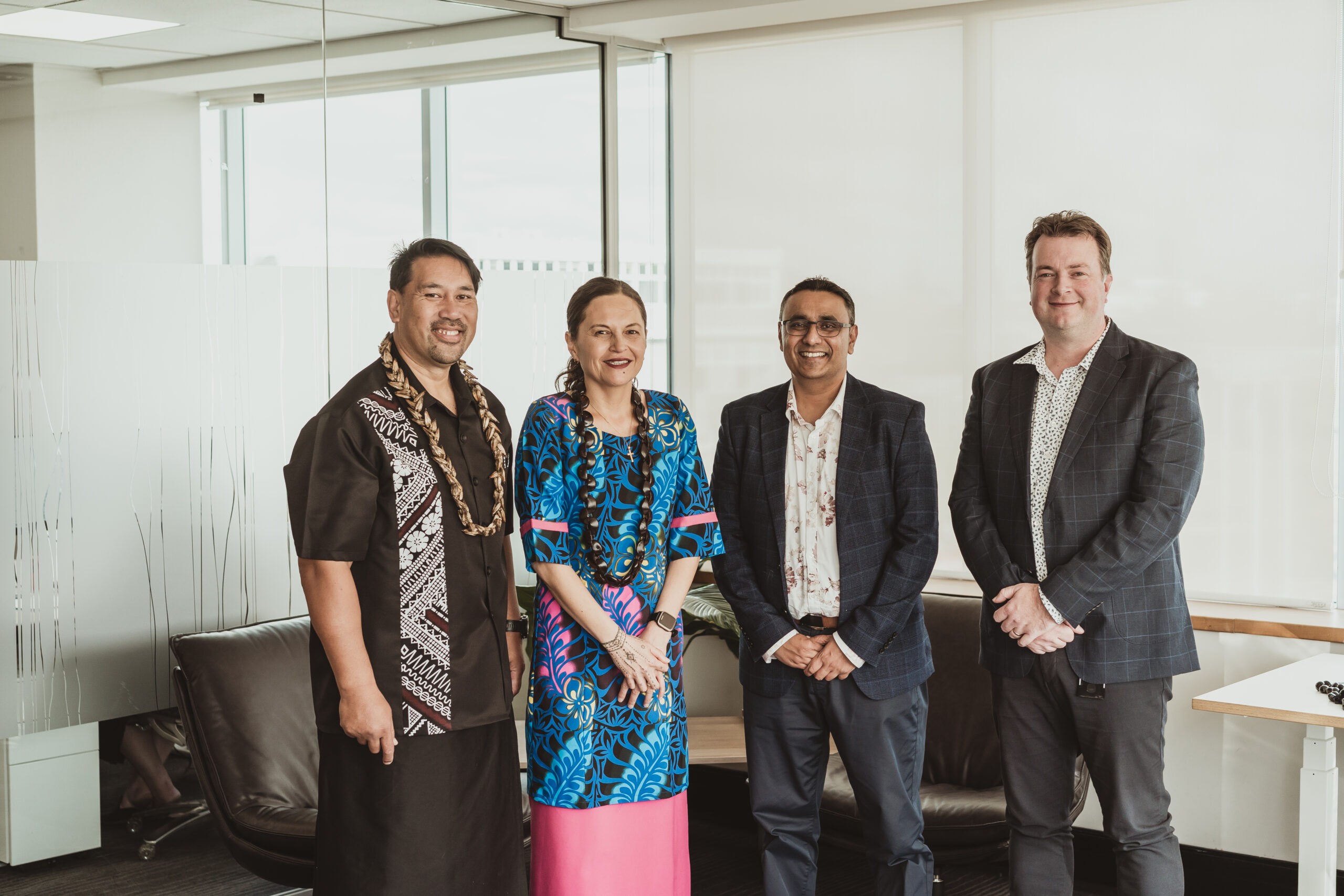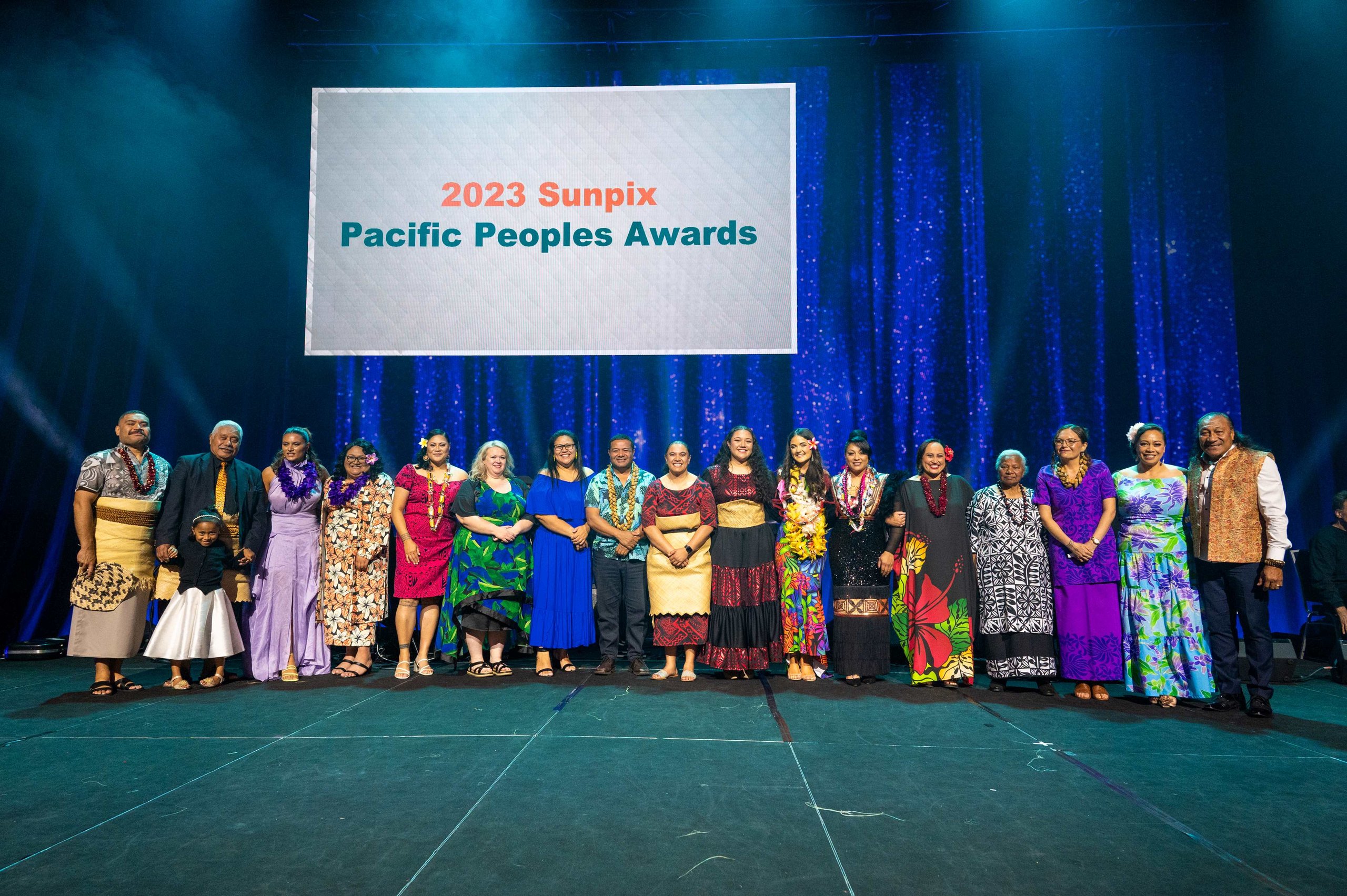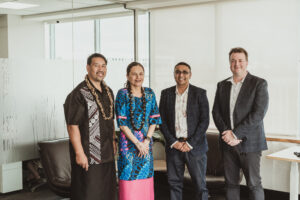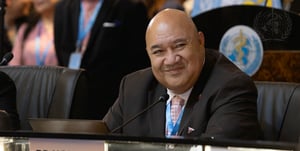At 22 years old Sala McCarthy-Stonex has already travelled to 43 countries, lived with the Navajo in Arizona and, among her most impressive educational pursuits, has just recently graduated with a Juris Doctorate Degree (JD) and a Masters in Public Affairs (MPA) from the Brigham Young University in Utah, USA.
Choosing to start her university studies at 17, Sala completed her Bachelor of Arts in two years and completed her masters and doctorate degrees in four years.
On top of studying, she was Vice President of the Student Advisory Council in her undergraduate years at Brigham Young University (BYU) in Hawaii, and Co-President of the Pacific Island Law Students Association in her postgraduate years at BYU in Utah.
“Multi-tasking is my life,” she jokes.
While studying, Sala also worked 20 hours a week and still managed to have a social life.
You would think at this stage she would have slowed down by now, but Sala is on a mission. The main goal among the many she has is to become President of the United States (POTUS) in 2032.
“I’d be the first female, the first Polynesian, the first abroad-born citizen and hopefully the youngest,” she says. “I turn 35 in 2032, which is the minimum age (to be president), so that’s what I’m going for.”
Although it’s a crazy ambitious dream, she reassures that it’s a legitimate goal, and one that she’s already taken steps to achieving.
MOVING TO THE US
Apart from her educational accomplishments, Sala’s unique upbringing has played a significant role in deciding what she wants to accomplish in the next 10 years.
Born in Auckland, New Zealand, she moved with her family to the United States when she was 3 and grew up mostly in Arizona and Hawai’i.
“When Mum was single, she worked with a bunch of PI (Pacific Island) and native Hawaiians that ended up working on the res (Native American reservation) in southern Utah,” she explains. “She became passionate about educating minorities and spent 15 years total on the res, then came home to NZ.”
Sala’s mother never lost touch with her community of friends in Arizona and moved her family there, giving her daughters the chance to experience the same native culture as she did.
“I loved it. I enjoyed the language. Navajo quickly became my second language. I don’t remember much of it now, but I was fluent when I was younger,” she says. “Even though it was a completely different culture than mine, I just loved the richness and respect that they have for their native roots and how they keep it alive, especially on reservations.”
Sala remembers her and her sister didn’t feel left out growing up on the reservations because “everyone was brown”.
“It was an easier transition for me to kind of love and just accept another culture as my own. My sister had a harder transition – obviously she was older and she’d been removed from being surrounded by family and greenery to literally a desert.”
It was these cultural experiences early on that sparked Sala’s interests for other cultures, languages and travel.
MUM’S INFLUENCE
But Sala’s own cultural heritage was never forgotten. Before her 7th birthday, Sala’s Mum moved the family again to Hawai’i.
“Mum would get us to do a holiday either in the Christmas time or summertime to fly home and just see all the family and stay close to our roots,” she says.
“Mum wanted us to be closer to New Zealand and closer to our own roots to at least connect with who we are and always have that with us.”
Growing up and watching her mum’s passion and work ethic as an educator motivated Sala to impact the world in a meaningful way.
“Mum was always a strong advocate for not only educating ourselves but also educating other people that are like me,” she says.
Her mum was also a huge motivation for her wanting to leave high school early to start university at 17.
“I didn’t want her to worry about me anymore,” she says.
“I’ve also always had this drive within me that says you need the education, but you need to hurry up and get out there. Things are happening, people like you are needed.”
STUDYING LAW
When deciding on what she wanted to study at university level, inspiration came, again, from her family. Sala had three older cousins who chose to go down the political science route.
“One went into law, another cousin works for Goldman Sachs in finance, and another cousin did foreign service, and I said, ‘Yup, that’s for me’.”
“I thought, cool, that’s what I want to do… languages, cultures, travel, helping people around the world, perfect!” she says.
The typical lawyer job didn’t appeal much to Sala, but she discovered that learning about the law would help her with other goals in the future.
“I didn’t want to become a lawyer, had no desire to, but I know that learning about the power of advocacy, and the knowledge and skills about the law, would help me even the industry playing field, which is filled with white men mostly,” she says. “Just having the credentials to back me up is essential.”
TRAVEL
Every summer Sala made an effort to apply for international internships, and managed to travel to several countries through scholarships and work opportunities.
She was able to intern in Myanmar last year, Rwanda and Uganda in 2018, Tokyo, Japan in 2017, and Switzerland in 2016.
“I’m so determined to seek out these opportunities,” she says. “To the point where I just google international internships. I swear Google is my best friend.”
Her failures have taught Sala not to give up.
“It’s important for young people to not let their failures get them down,” she says.
The first time she applied to intern at the US state department during her undergraduate studies in 2016, she was declined.
“I was like, boo, that sucks, bu then I got to go to switzerland which was amazing and then I applied again to the state department last summer, and I chose going to Myanmar, Burma as my top country of choice and I got it and I had an amazing experience with them that I think I wouldn’t have had if I was younger”.
POLITICS AND DIPLOMACY
Sala’s path to politics and diplomacy work started when she was 16 years old sitting in her classroom learning about the Constitution of the United States.
“We also read the Declaration of Independence and just like the wording and the power of the words that the founding fathers had for the United States was just inspiring to me,” she says.
Sala quickly learned that to make a lasting impact in the world, she would have to work her way to the top echelons of the political decision-making process.
“Grassroots efforts are amazing and I love being involved with the people. Getting to see hands-on work and just being able to work and do it and see it right there is very rewarding,” she says. “But if nothing changes at a higher level and you can’t get past the policies and the laws that are already there, then nothing is sustainable, and nothing can continue to change.”
Sala plans to be working in New Zealand sometime soon, “dipping my feet into different industries”.
“My focus will probably be in intercultural understanding, mediation and peace building and changing the game for how we approach traditional issues,” she says.
Sala has always aspired to do things differently outside of what is expected from Pacific Islanders in the US.
“We run the NFL, we know that. The NFL is black and Polynesian, and that is what our people have traditionally found to get out of poverty, and they’re great options, but are not the only options,” she says.
“POTUS: the office in itself, the power that it has… I want to be a different type of leader for the new world that we have.”
“Women and minorities know so much and we see so much and so having a different perspective in politics to better represent the constituents of the US but also the world is what I see for the future.”
“Out of stubbornness now, I can’t go back on what I said,” she says.
“People know. I have to do it now.”
By Alistar Kata












